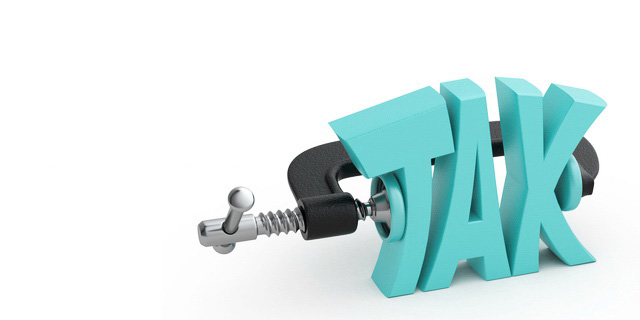
1 April 2021 marks the start of the new Fringe Benefits Tax (FBT) year, and this is a good opportunity to ensure that you have all of your FBT related records ready to submit to your accountant to ensure on-time lodgement of your FBT return, as well as checking that you are correctly set up to record information relevant to the 2022 FBT year.
From 1 April 2021, some additional FBT concessions and exemptions have been made available to businesses.
Small business car parking exemption – extended to more employers
Currently, certain businesses with a turnover of less than $10 million can provide car parking benefits to their staff without incurring an FBT liability. From 1 April 2021, this has been extended to include businesses with an aggregated turnover of less than $50 million (provided certain requirements are met.)
In order to access the exemption, the car parking must not be provided in a commercial car park, and the employer must not be one of the following:
- a government body
- a listed public company
- a subsidiary of a listed public company
There are a couple of opportunities with this including, but not limited to:
- If there is a commercial car park within 1km of the premises, your business may now be able to provide employees with car parking benefits without incurring an FBT liability provided your aggregated turnover is <$50 million and you satisfy the requirements above; or
- Alternatively, if the employer does not want to be ‘out of pocket’ for the cost of car parking, employees can salary sacrifice their car parking expenses and package a pre-tax deduction for these costs. Assuming the car parking benefits meet the exemption requirements listed above, the employer would not be required to pay FBT on these amounts.
FBT – exemption for retraining
FBT – exemption for retraining
Currently, training is not subject to FBT provided there is sufficient connection between the training and the employee’s current employment and that the expenses would be otherwise deductible to the employee.
In the lead up to the 2020-21 Federal Budget, the Government announced an FBT exemption for employers providing retraining and reskilling for redeployed employees to a different role in the business. To date, there hasn’t been any draft legislation released, but the exemption is meant to apply from the date of announcement (i.e. 2 October 2020).
To provide a clearer understanding of how the exemption is meant to work, the announcement contained the following example:
“… a business that retrains their sales assistant in web design to redeploy them to an online marketing role in the business can get hit with FBT. By removing FBT, employers will be encouraged to help workers transition to new employment opportunities within or outside their business.”
Without the FBT exemption, the business would have had to pay FBT on the costs above, as the sale assistant would not have been able to claim a deduction for the web design expenses, as it is not connected with their current role as a sales assistant (i.e. the otherwise deductible rule would not apply).
FBT – record-keeping
FBT – record-keeping
In the Federal Budget, the Government announced that employers will be allowed to use existing corporate records, rather than prescribed records, to comply with their fringe benefits tax obligations. This simplification is due to take effect from 1 April 2021, however, no further information has been released since the Federal Budget. We will provide additional information as it is released.
There are no changes to record-keeping requirements relating to odometer readings, car declarations and those kept by non-corporate entities.
Fringe Benefits Tax – in brief
Fringe Benefits Tax – in brief
FBT is paid by employers when they provide certain benefits to their employees or when a third party provides those benefits under an arrangement with the employer. The FBT year runs from 1 April to 31 March, and the due date
for both lodgement and payment is 21 May, unless you use a registered Tax Agent to lodge your return, in which case the due date becomes the 25th June.

The most common types of benefits include:
- Car Fringe Benefits (including leasing and car parking)
- Entertainment Fringe Benefits
- Expense Payments Fringe Benefits
- Loan and Debt Waiver Fringe Benefits
- Housing and Living Away From Home Fringe Benefits and
- Property Fringe Benefits
These benefits generally form part of a Salary Package (also referred to
as Salary Sacrificing). Please note, however, that salary sacrificing to Superannuation is not subject to FBT.
We are here to help
If you have any questions or concerns on how these could impact you, please contact our Client Care Team on (08) 9227 6300 or via our Contact Us Page for more information.



